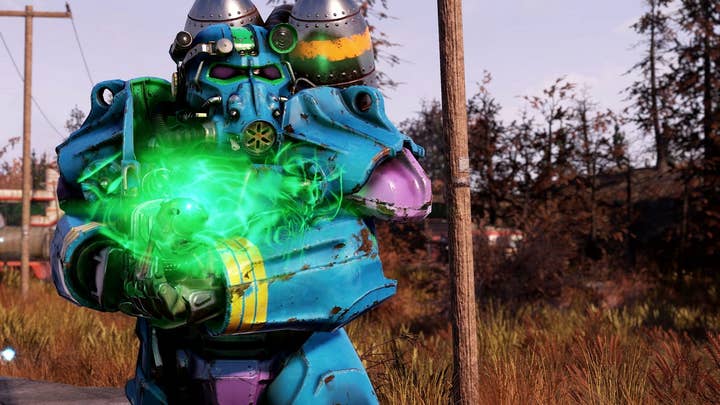Fallout 76 QA staff describe crunch, mistreatment
Peer pressure, timed breaks, mandated overtime used to keep testers working even when there wasn't work to do and reported bugs went unaddressed
Fallout 76 was critically excoriated as a broken and buggy mess upon its November 2018 debut, but according to a Kotaku report today, it was not for a lack of work on the part of the QA team.
Citing current and former Bethesda/ZeniMax Media employees, the site reports that testers were pulling 60-hour work weeks in the months leading up to the game's launch, with overtime of that sort often mandated by management or encouraged through a variety of tactics.
Peer pressure was given as a main motivator for crunch, and the article described a variety of ways in which it was applied. For one, management would look for volunteers to work on the weekend, threatening that everybody would be called in to work unless enough people stepped forward.
Multiple sources also said that there was a class of tester informally referred to as "coordinators," and while their pay and title were unchanged, they had an added responsibility to monitor their peers' efficiency, timing their breaks from work or even following other QA staff to the restroom.
Crunching was viewed as a way for interns or contract workers to earn conversion to full-time staff, while "coordinating" was also seen as a positive for one's career ambitions at the company.
"In general, every major bug in 76 [that appeared at launch] was known by QA"
Not all of the crunch was presented as necessary. For example, some QA were made to come in one weekend to test a fix the development team had actually not yet finished making, and were made to do irrelevant work on an old build instead.
A company policy that QA staff were forbidden from talking to non-QA developers was also criticized in the article, as it created a time-wasting bottleneck for communication to pass through QA leads, who were themselves already overworked.
Despite that, the QA team largely appeared to get its work done, with one source telling Kotaku, "In general, every major bug in 76 [that appeared at launch] was known by QA."
Despite that, the game launched with an abundance of unfixed bugs, which made the QA team particular targets for player vitriol, including death threats and a user-filed bug report saying, "I am going to take a gun and go to the QA department and shoot all of them."
The article also details development issues in other parts of the project, from a lack of respect between Bethesda's Maryland team and the more multiplayer-experienced Austin outfit to the decision to build a multiplayer online game on the studio's Creation Engine -- which had been built to create single-player titles -- because it was what the Maryland team was most familiar with.

